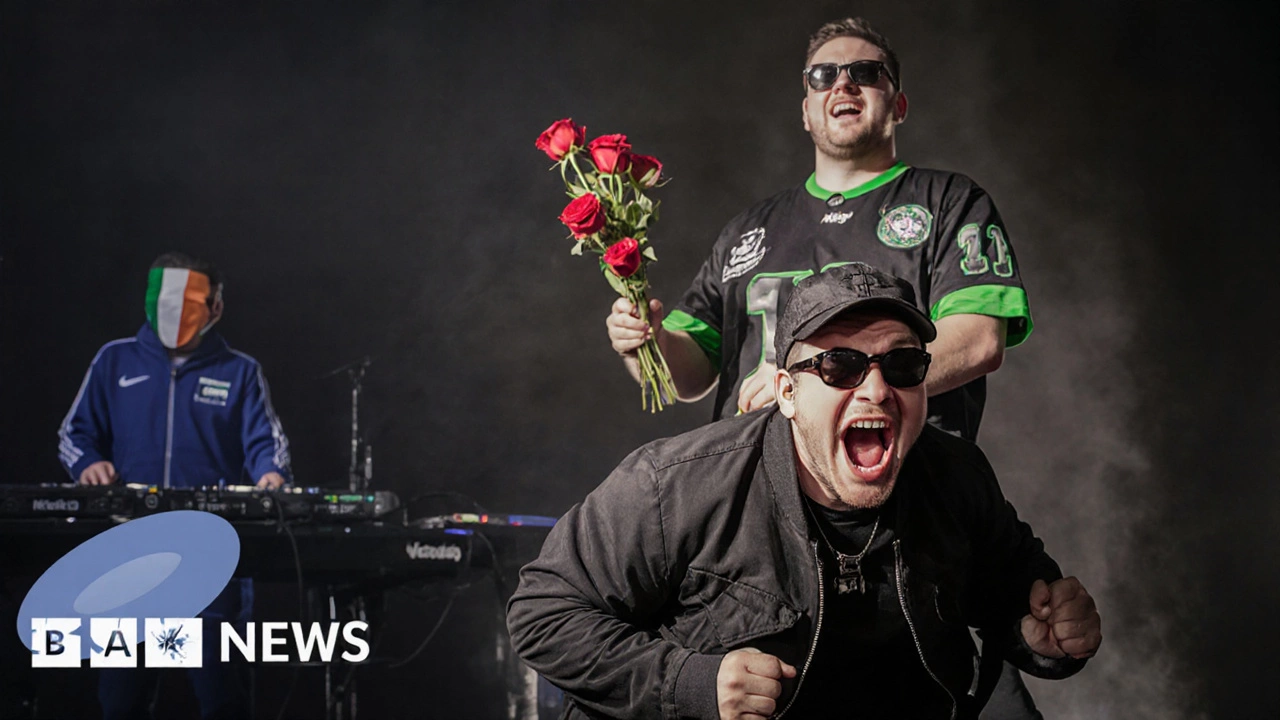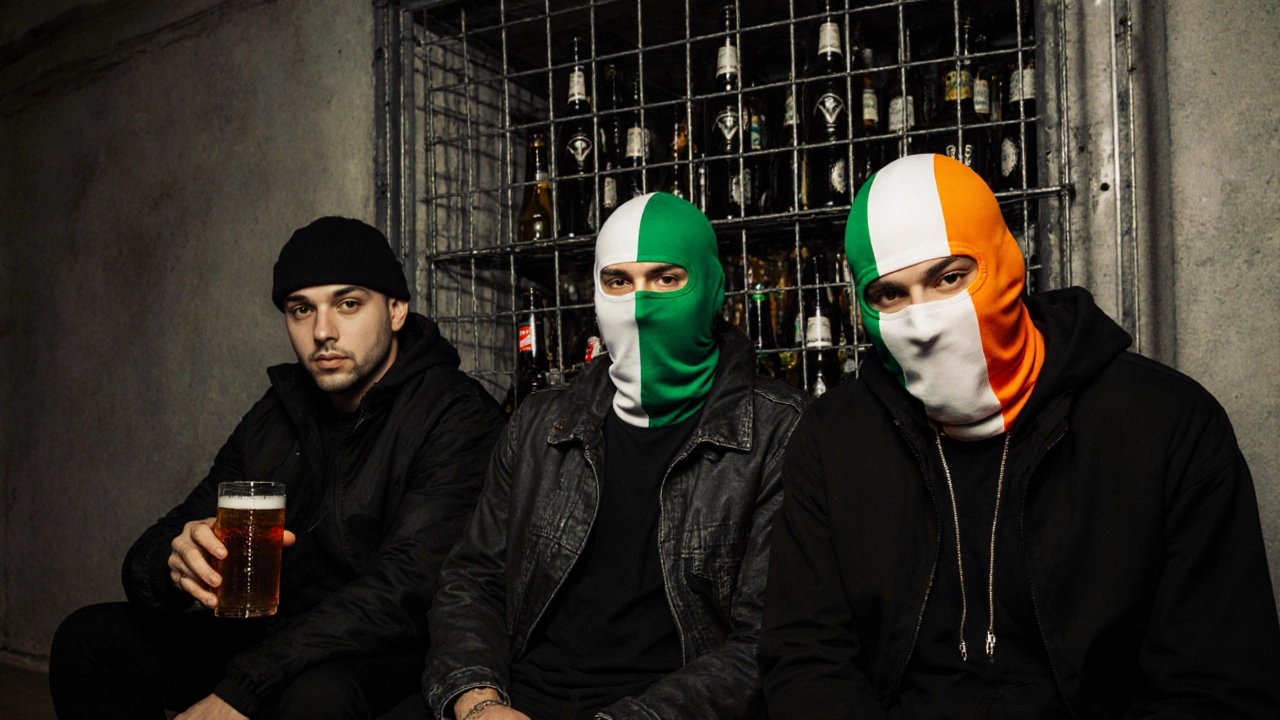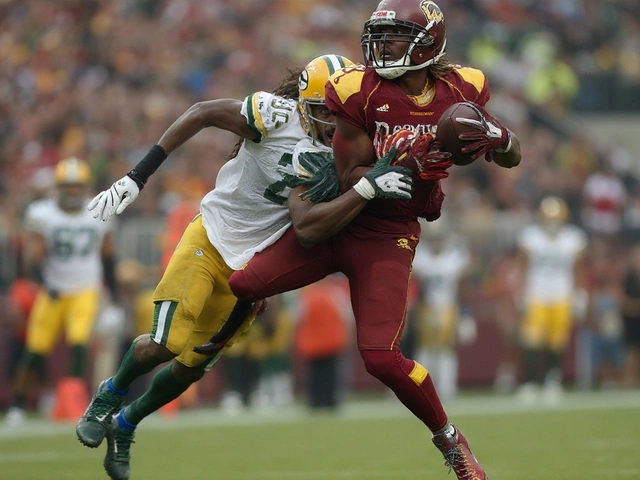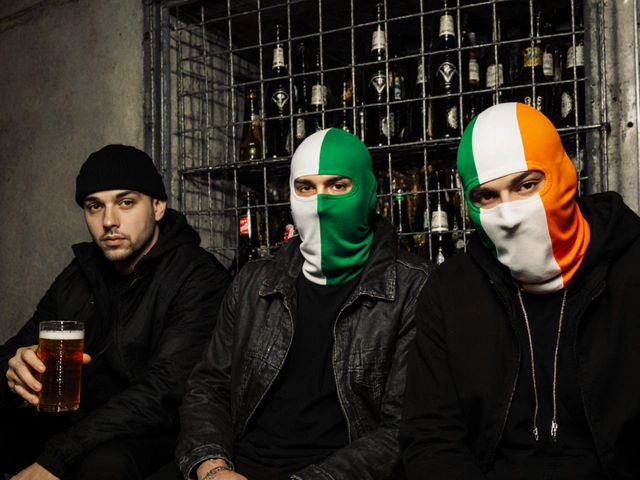Sharon Osbourne Demands Revocation of Kneecap’s US Visas Over Coachella Anti‑Israel Protest
What happened at Coachella?
In April 2025, the Dublin‑based trio Kneecap took the Coachella stage and turned it into a political rally. Their performance was punctuated by video projections that displayed the Israeli flag crossed out and messages demanding an end to the Gaza conflict. Mid‑song, the group urged the crowd to chant "Free Palestine," turning a music set into a live protest.
The act caught the attention of media outlets worldwide, quickly becoming a flashpoint in the ongoing debate over whether festivals should serve as platforms for political statements.

Public backlash and celebrity responses
Sharon Osbourne responded within hours, labeling the trio's actions as hate speech and calling on U.S. immigration officials to revoke their visas. In a televised interview she argued that using a cultural event to spread what she termed "anti‑Israeli propaganda" crossed a line, warning that allowing such messages set a dangerous precedent for future events.
The call for visa revocation ignited a firestorm on social media. Some users sided with Osbourne, insisting that hate‑filled rhetoric should not be protected under free speech, especially when it targets a nation and could inflame tensions. Others accused her of overreach, pointing out that the United States' First Amendment protects political expression, even if it offends certain audiences.
Among the vocal supporters was David Draiman, frontman of the metal band Disturbed, who posted a brief thank‑you message to Osbourne on his personal account. His succinct "Thank you my friend" added a celebrity endorsement that further amplified the controversy.
Conversely, a number of music industry professionals warned that targeting artists for political commentary could stifle creativity and silence marginalized voices. Critics highlighted that similar protests have occurred historically at festivals without resulting in legal penalties, suggesting that Osbourne’s demand was unprecedented.
As of the latest updates, Kneecap has not issued an official statement addressing the visa calls or the broader criticism. Their silence has been noted by both supporters, who interpret it as a strategic choice, and detractors, who argue it leaves the narrative unchallenged.
The situation underscores a larger pattern where entertainers, activists, and policymakers intersect. When a high‑profile festival like Coachella becomes a stage for geopolitics, the ripple effects extend beyond the music community into diplomatic corridors, immigration law, and public discourse about the limits of free expression.





